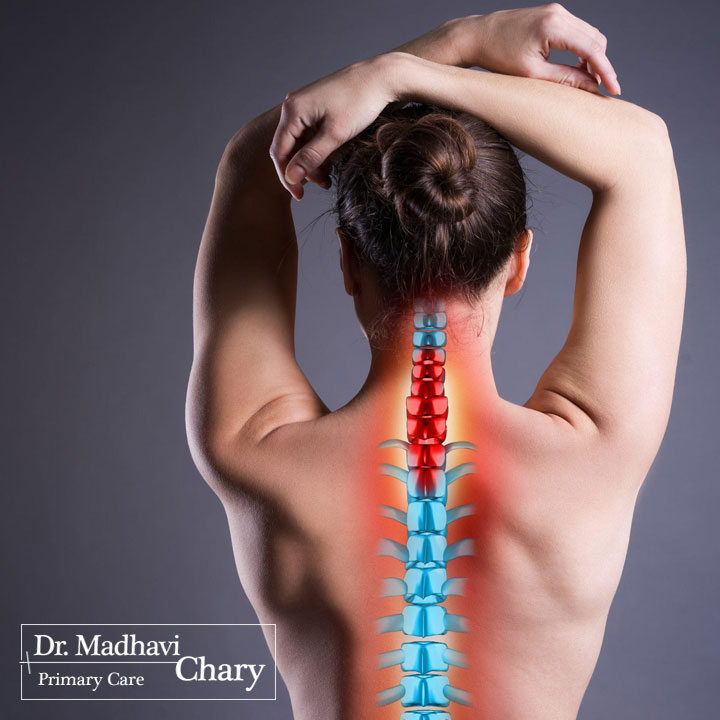Healthy Tips for an Osteoporosis-Free Life
The condition known as osteoporosis causes the bones to weaken and become brittle, which increases the risk of breakage. It is most commonly associated with aging, but it can also be caused by other factors such as genetics, low hormone levels, and certain medical conditions. Osteoporosis is a serious public health issue, as it affects millions of people worldwide and can lead to chronic pain, disability, and even death.
To maintain healthy bones and reduce the risk of osteoporosis, here are several lifestyle changes that you can make.
1. Get Enough Calcium and Vitamin D: Calcium is essential for maintaining strong bones, and vitamin D helps the body absorb calcium. Good sources of calcium include dairy products, leafy greens, and fortified foods such as orange juice and cereal. Vitamin D can be found in fatty fish, eggs, and fortified foods, and can also be produced by the body when the skin is exposed to sunlight.
2. Exercise Regularly: Weight-bearing exercises such as walking, jogging, and weightlifting help to stimulate bone growth and maintain bone density. Additionally, exercises that improve balance and coordination, such as yoga and tai chi, can reduce the risk of falls and fractures.
3. Don't Smoke and Limit Alcohol Consumption: Smoking and excessive alcohol consumption can damage the bones and increase the risk of osteoporosis.
4. Maintaining a Healthy Diet: A diet that is high in fruits, vegetables, and lean protein, and low in processed foods and saturated fat can help to maintain healthy bones and reduce the risk of osteoporosis.
5. Get Enough Sleep: Lack of sleep can increase inflammation in the body, which can damage the bones and increase the risk of osteoporosis.
6. Monitoring Your Medications: Some medications, such as glucocorticoids and anticonvulsants, can increase the risk of osteoporosis. If you take these medications, discuss risk reduction strategies with your doctor.
7. Consult a Specialist: If you have a family history of osteoporosis or other risk factors, speak with your doctor about getting a bone density test. If you have osteoporosis, a specialist can help you develop an individualized treatment plan that may include medications, physical therapy, and lifestyle changes.
In addition to these lifestyle changes, there are also some alternative therapies that may help to prevent and treat osteoporosis. These include:
- Herbal supplements: Some herbal supplements, such as soy and red clover, have been shown to have positive effects on bone health.
- Acupuncture: Acupuncture is an ancient Chinese therapy that involves the insertion of thin needles into specific points on the body. It may help to reduce inflammation and improve bone health.
- Yoga: Yoga can help to improve balance and flexibility, which can reduce the risk of falls and fractures.
It's important to note that alternative therapies should not be used as a substitute for conventional treatment, but rather as a complement to it.
Conclusion
In conclusion, Osteoporosis is a serious condition that can significantly impact a person's quality of life. By making certain lifestyle changes, such as getting enough calcium and vitamin D, exercising regularly, and not smoking, you can help to maintain strong bones and reduce the risk of osteoporosis. Additionally, alternative therapies like herbal supplements, acupuncture, and yoga may also help. If you have a family history of osteoporosis or other risk factors, speak with Dr Chary about getting a bone density test and developing an individualized treatment plan.
27 February 2023 More Posts
